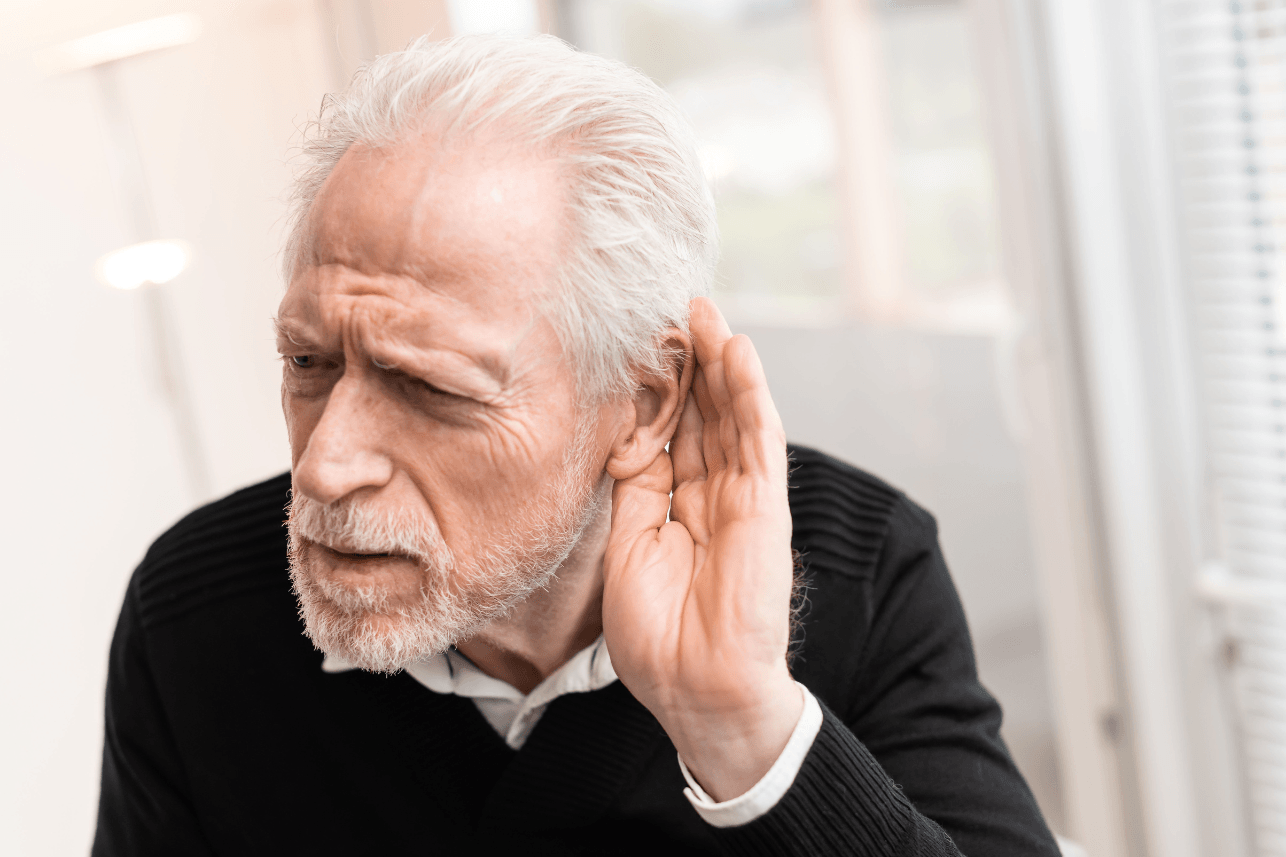
Ask Vanessa: Common Ear and Hearing Problems with Seniors
Vanessa Valerio
Health And Wellness
Jul 30, 2022
4 min read
DEAR VANESSA,
I am 66 years old. What are common ear and hearing problems that may increase with age?
- JILL
DEAR JILL,
The most common ear and hearing problems in older people include presbycusis, tinnitus, and dizziness. Presbycusis is a gradual loss of the ability to hear as a person ages. It is the most common form of loss in older adults. It results in difficulty hearing high-pitched tones and conversational speech. Factors that can influence the onset and severity of presbycusis include noise exposure, infections, smoking, hypertension, diabetes, vascular disease, immunologic disorders, and hormonal factors. Treatment may include surgical placement with a cochlear implant, hearing devices, and auditory rehabilitation to ease communication.
Tinnitus is a condition that causes a ringing or buzzing in a person’s ears. It can be caused by aging, exposure to loud noise or other factors.
Dizziness can result from problems of the inner ear. With the early detection of presbycusis and dizziness, you can initiate measures to increase function and mobility while reducing the risk of falls and their potentially damaging complications.
Earwax also builds up more quickly as people age. Too much wax can affect hearing. To soften earwax, take a warm shower and let the water fall on the affected ear. Place a warm cloth over the affected ear. If you choose to use a heating pad, check with your doctor first, and be sure to follow the manufacturer’s instructions. You may also use an over-the-counter wax-softening product.
Hearing loss, if left untreated, can affect a senior’s mood and ability to function. It may lead to depression or isolation; older people who can’t hear well may withdraw from others to avoid frustration or embarrassment. Call your healthcare provider if: you notice that words are hard to understand or people seem to mumble; you hear a constant buzzing or ringing noise; you have repeated spells of dizziness; and hearing loss or ringing in the ears is accompanied by pain, fever, a sense of fullness in the ear, dizzines, or blood or pus coming from the ear.
- VANESSA
Benefits of At-Home Care for Seniors

How To Cope With Caregiver Burnout




